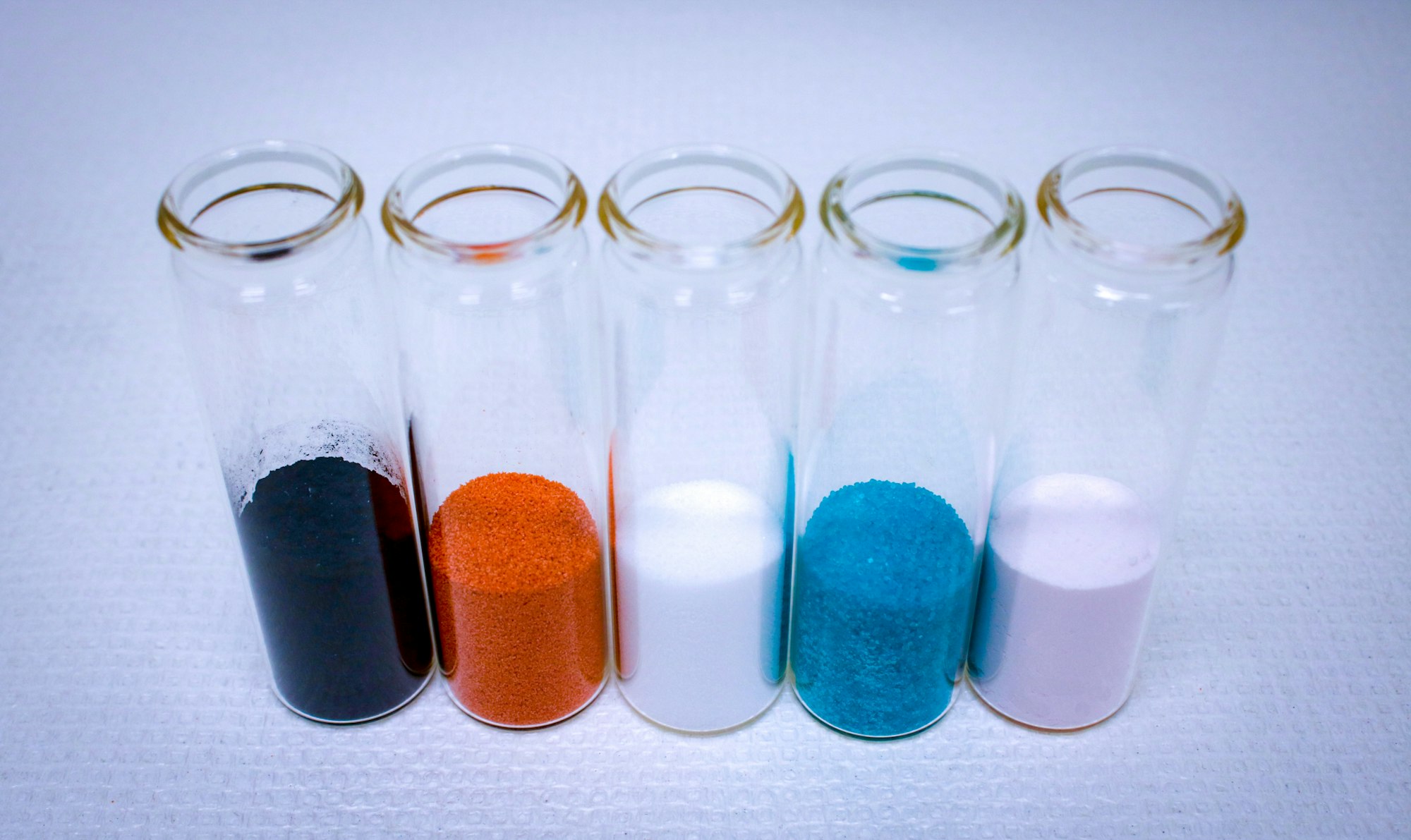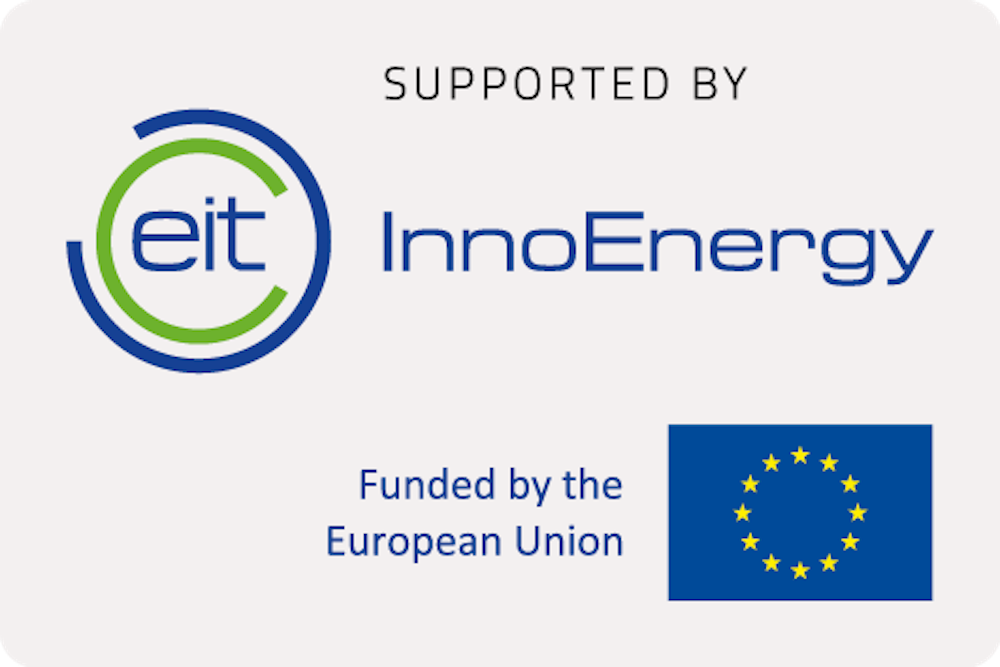Northvolt launches recycling program targeting 50 percent recycled material in new cells
13 December, 2019
-
Northvolt’s recycling program – Revolt – will establish its first pilot recycling plant in Västerås, Sweden, in 2020
-
A full-scale recycling plant at Northvolt Ett gigafactory in northern Sweden will be established by 2022
-
As recycling capacity ramps up, Northvolt is targeting 50% recycled material in new cells by 2030

Stockholm, Sweden – Northvolt is making swift progress with its blueprint for sustainable battery manufacturing and is positioned to deliver lithium-ion cells to European markets with a minimal environmental footprint. Northvolt today announced that the next step in this vision will materialize through Revolt – a program of Northvolt devoted to recycling of lithium-ion batteries.
Peter Carlsson, CEO Northvolt, comments: “It is clear that recycling batteries at end-of-life is critical to delivering a comprehensive model for sustainable lithium-ion batteries. With this program Northvolt will be able to recover valuable materials from cells and return them to manufacturing flows. Recycling will reduce the need for mining raw materials, improve security of supply and lower the environmental footprint of Northvolt cells by reducing mining-related emissions.”
As a first move towards securing a European ecosystem for lithium-ion battery recycling, Northvolt will establish a pilot recycling plant in Västerås, Sweden, adjacent to Northvolt Labs manufacturing plant.
Recycling will reduce the need for mining raw materials, improve security of supply and lower the environmental footprint
The pilot plant is anticipated to be online in 2020 and will serve as a platform for developing and validating the Northvolt recycling process. The facility will target an initial recycling capacity 100 tons per year, handling NMC and NCA lithium-ion chemistries.
Emma Nehrenheim, Chief Environmental Officer Northvolt, comments: “The pilot plant will build on work undertaken over the last two years and provide us the necessary tools to take us to the next level – from research laboratories into the real-world. What we learn at the pilot plant will be key to optimizing the design, build and ultimately the operation of a much larger capacity recycling plant which will be established at Northvolt Ett.”
Enabled by a full-scale recycling plant at Northvolt Ett, Northvolt is ultimately targeting a goal of 50% of material in new cells being drawn from recycled materials by 2030. This target will be secured through a phased build-up in capacity, beginning with a first block to be operational in 2022 with capability to recycle approximately 25.000 tons of battery cells per year.
In preparation for this goal, over the last two years Northvolt has been developing methods for key processes required for recycling lithium-ion batteries.
Significant accomplishments have been secured through collaboration between Northvolt and researchers engaged with optimizing a process design for hydrometallurgical treatment at Chalmers University of Technology, Sweden. This process will be used to recover valuable metals from end-of-life batteries, including lithium, nickel, manganese and cobalt. The recycling program is supported by EIT InnoEnergy.
Emma Nehrenheim comments: “Revolt opens up a very exciting chapter for Northvolt and will demonstrate how the environmental benefits of batteries can be pushed even further than we currently see with their use to replace fossil-fuels. For the customers, this also means we are able to offer assurance and services for sustainable handling of end-of-life batteries they are bound to by European law.”
Europe currently hosts battery recycling capacity of around 33.000 tons per year. However, existing capacity is neither well-suited to effectively recover valuable metals found in lithium-ion batteries, or of sufficient capacity to handle the volumes of batteries which will be placed on the market as electrification ramps-up. Already in 2019, some 75.000 tons of batteries will reach end-of-life.
